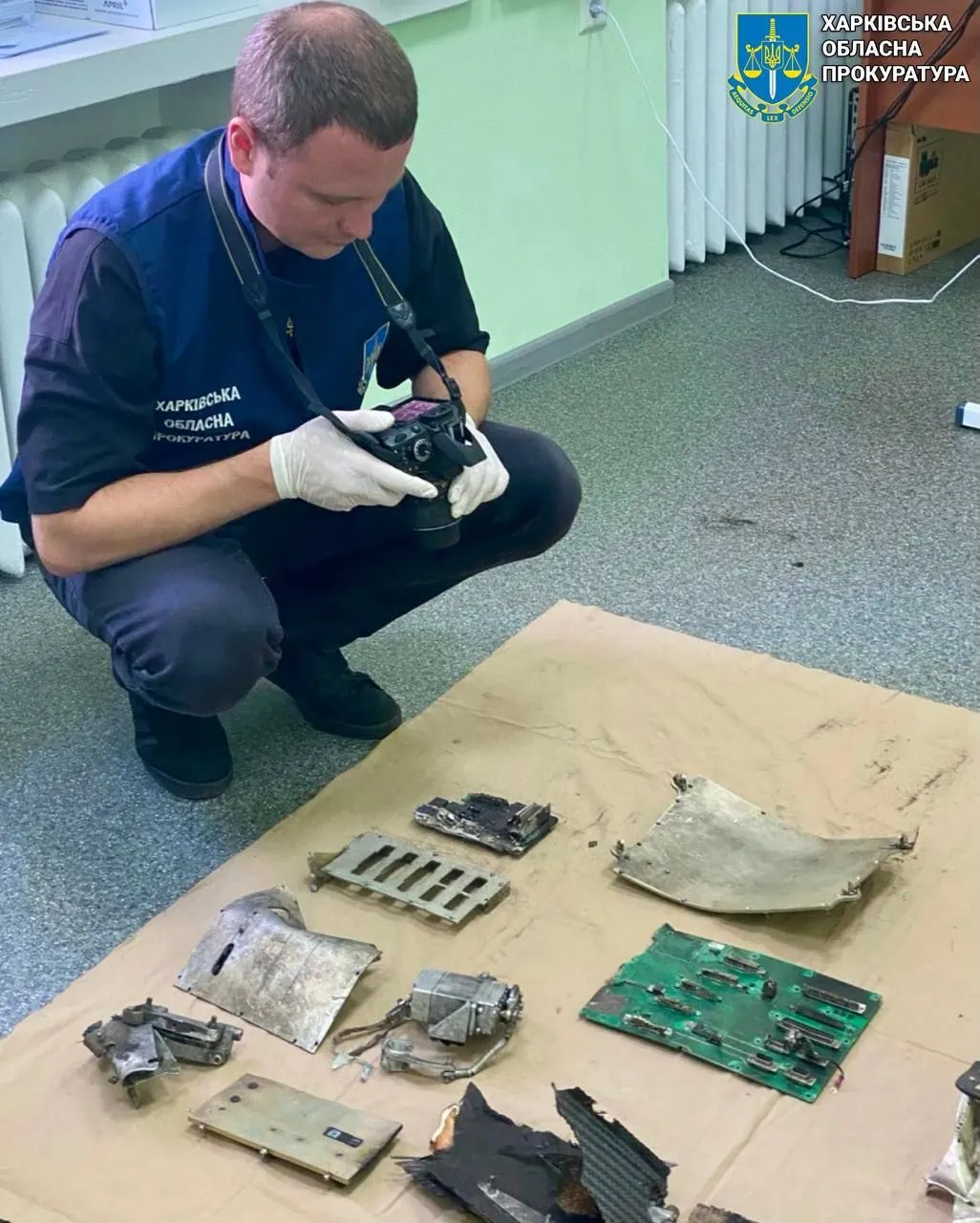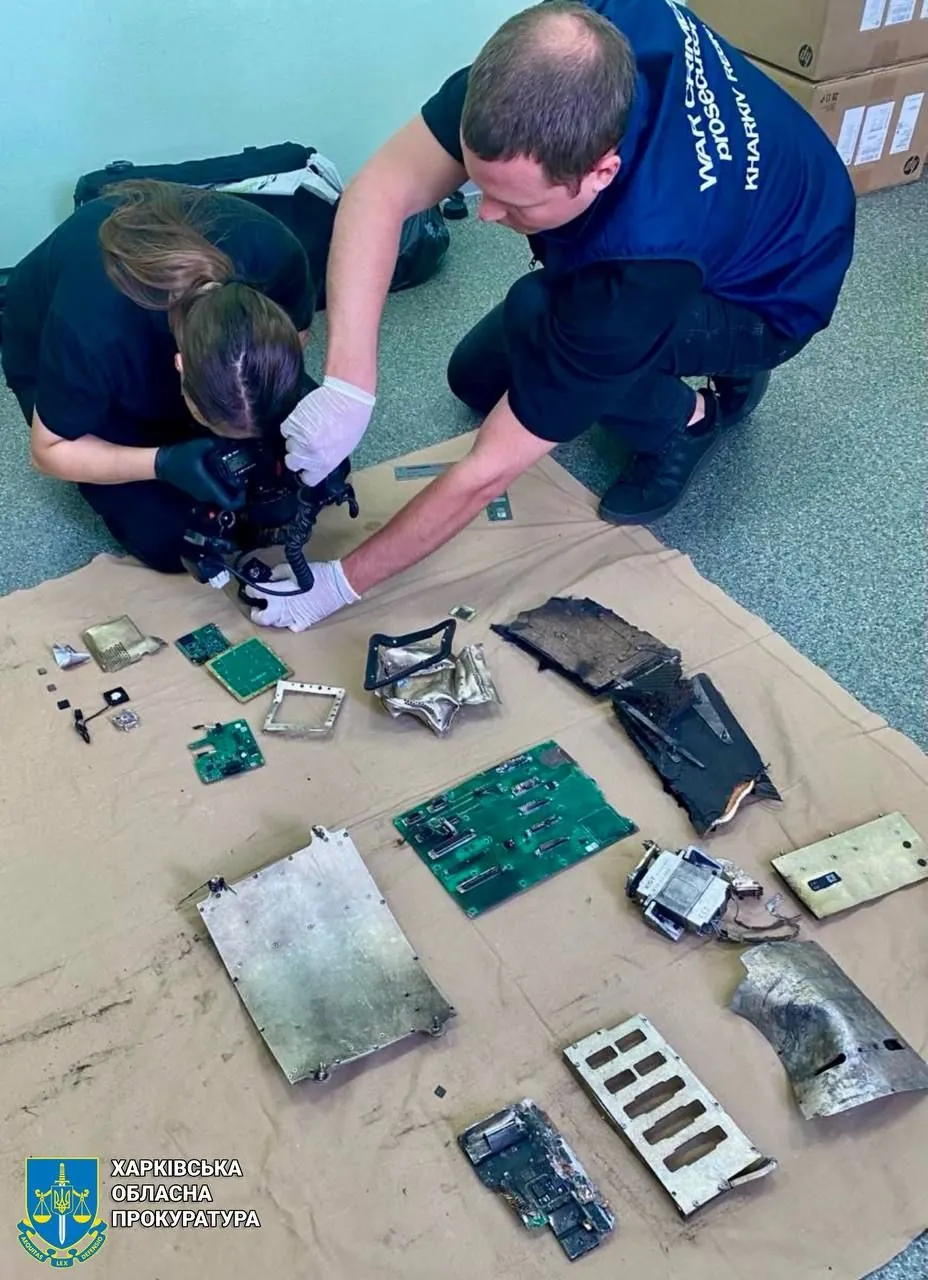International experts continue to study foreign components in "shaheds"
Kyiv • UNN
International experts are examining foreign microelectronics components found in the Iranian drones used by Russia to strike the Kharkiv region of Ukraine to establish supply chains and ensure compliance with sanctions.

International experts continue to study foreign microelectronics components in Iranian drones. At the moment, they are talking about hostile UAVs, parts of which were found in the Kharkiv region. This was reported by the Prosecutor General's Office, UNN writes.
It is noted that local law enforcement officers, together with representatives of the international organization Conflict Armament Research (CAR), which monitors arms supplies, are examining the microelectronics of the UAVs used by Russia to strike in Kharkiv region.
In particular, it is a joint study of the database of electronic control boards and navigation elements.
"Such information helps international partners to establish the ways of supplying microelectronics to the Russian Federation and to stop their functioning within the framework of sanctions restrictions on the export of products used in terrorist attacks against Ukraine," the Prosecutor General's Office said.
Conflict Armament Research has previously praised cooperation with Ukrainian experts. In particular, with experts from the Kyiv Scientific Research Institute of Forensic Expertise.
"The information we prepare is extremely important for the effective implementation of sanctions and export control measures. Indeed, it is difficult to stop the supply of components if you do not know what components are used, who buys and transfers them, and how they end up in Russian, Iranian or North Korean weapons systems. Ukraine's forensic, technical and scientific research institutions, including the Kyiv Scientific Research Institute of Forensic Expertise of the Ministry of Justice of Ukraine, are doing an incredible job in extremely difficult and sometimes dangerous conditions. Their work is invaluable," said CAR field researcher Khrystyna Kimachuk in an exclusive commentary to UNN.

